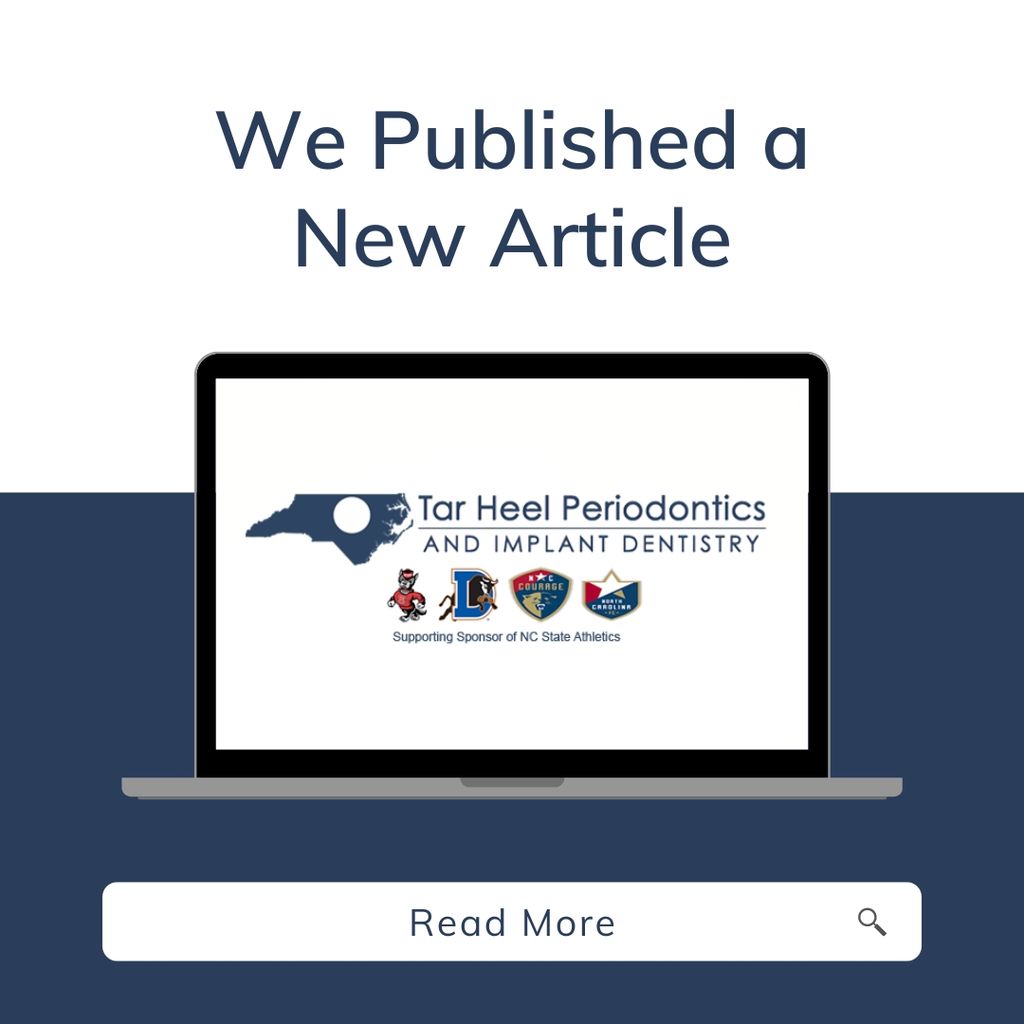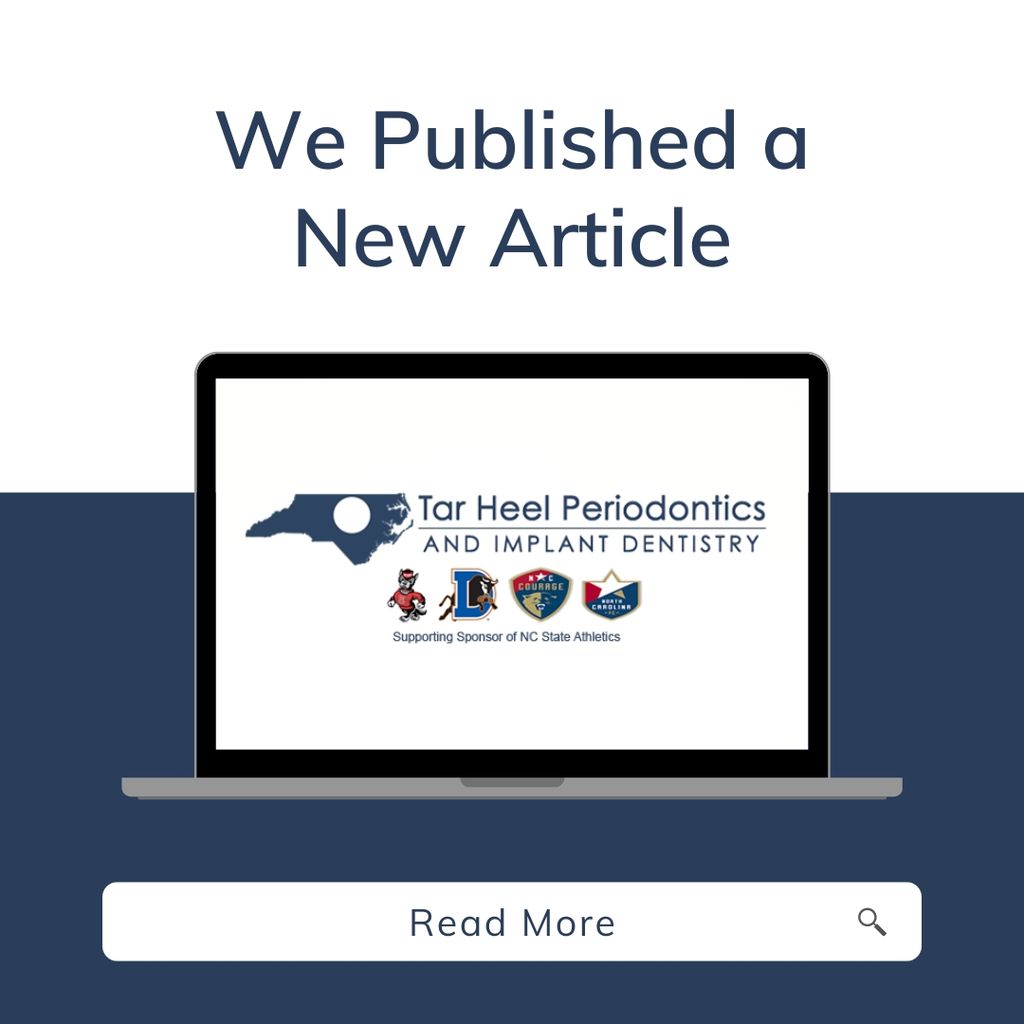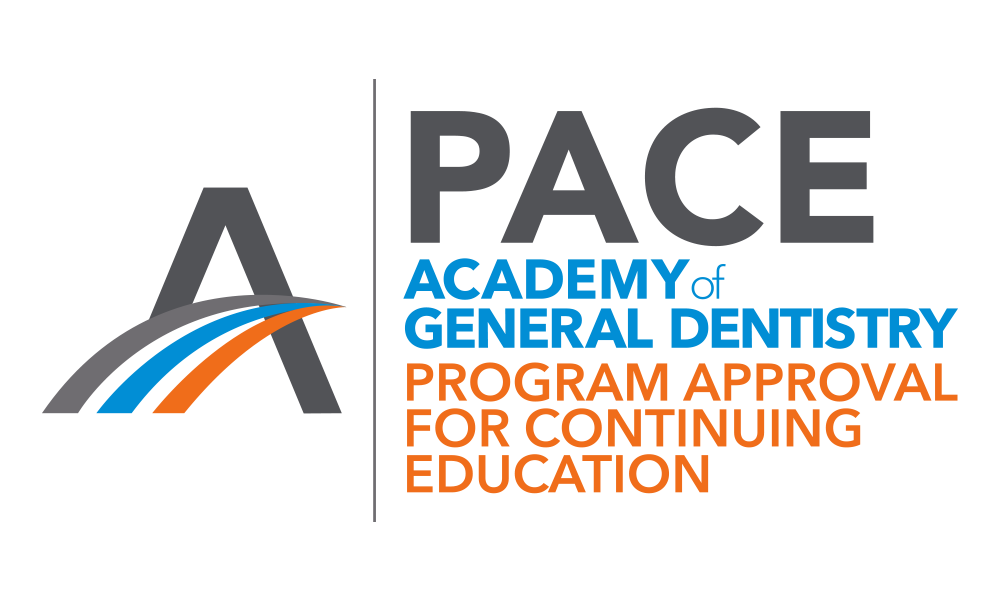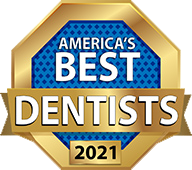When it comes to maintaining oral health, the role of a periodontist is crucial, especially in treating and preventing gum disease. Tar Heel Periodontics and Implant Dentistry, conveniently located at 10931 Strickland Rd., Raleigh, NC 27615, is dedicated to providing comprehensive periodontist services tailored to the unique needs of each patient. This blog post highlights the significance of visiting a skilled periodontist in Raleigh, emphasizing the benefits of expert dental care and the advanced techniques employed by the practice.
One of the standout features of Tar Heel Periodontics is its focus on addressing gum disease at every stage. Regular check-ups and cleanings are essential for preventing periodontal issues. Whether it is gingivitis, the earliest stage of gum disease, or more advanced cases, the team at Tar Heel Periodontics is equipped to provide the proper interventions. Patients often express their satisfaction with the team’s thorough evaluations and detailed explanations of treatment plans. As one reviewer noted, “The staff is incredibly knowledgeable and compassionate, making dental visits a comfortable experience.” With a focus on patient care, the practice ensures that every question is answered, creating an environment where individuals feel empowered to take charge of their oral health.
Moreover, the practice specializes in dental implants, which can significantly enhance the quality of life for individuals missing teeth. Dental implants are not just aesthetic solutions; they restore function and stability to the mouth. Tar Heel Periodontics employs cutting-edge technology and techniques to ensure that each dental implant procedure is performed with precision and care. This commitment to innovation is a key factor in why many individuals search for a “Periodontist in Raleigh NC” when looking for reliable dental solutions.
After receiving treatment at Tar Heel Periodontics, patients often share their positive experiences, highlighting the professionalism and personalized care they receive. One recent review applauded the team for their “excellent communication and follow-up care,” illustrating the practice’s dedication to ensuring that patients remain informed and comfortable throughout their treatment journey.
In addition to treating gum disease and placing dental implants, the expert team at Tar Heel Periodontics provides guidance on maintaining oral health at home. This includes educating patients on proper brushing and flossing techniques, as well as the importance of routine dental check-ups. By empowering patients with knowledge, the practice helps ensure long-lasting oral health.
For individuals in the Raleigh area seeking expert periodontal care, Tar Heel Periodontics stands out as a premier choice. The practice not only offers exceptional services but also fosters a welcoming environment for all patients. Anyone looking for a “Raleigh Periodontist” will find that the dedication to quality care and ongoing support makes all the difference in achieving optimal oral health.
To learn more about the full range of services available, individuals are encouraged to visit the website at Tar Heel Periodontics. Gaining insight into treatment options and patient experiences can provide peace of mind when selecting a provider for periodontal care.
If you are looking for a qualified periodontist in 27615, reach out to Tar Heel Periodontics today at (919) 844-7140 to schedule an appointment. Experienced professionals are ready to assist in restoring and maintaining your oral health, ensuring that every treatment plan is tailored to meet individual needs. Taking the first step towards better gum health can lead to a brighter, healthier smile for years to come.
The information provided on this website is for general educational purposes only and is not intended as individual medical advice. While we strive to ensure the accuracy of the content, the dental practice is not liable for any harm or misunderstanding that may result from the information on this site. Please consult directly with a qualified dental professional for a personalized treatment plan tailored to your specific needs. Relying on general or vague educational content rather than following a customized treatment plan may lead to unintended consequences. Always seek the advice of your dentist or other qualified healthcare provider with any questions you may have regarding your oral health or a medical condition. This disclaimer applies to all content published on this website.













